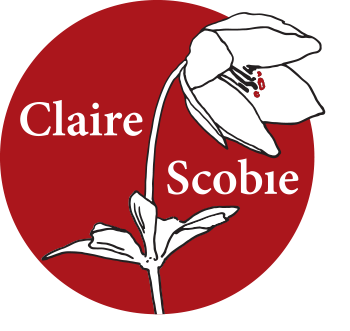10 Feb How to make your words powerful & affect change
This morning I decided to blog about why some words move us and why others don’t. I was thinking about this as I arrived at a breakfast meeting for She Business Australia entitled ‘How to be a great leader and create the world you choose.’
It’s the first time I’ve been to one of these meet-ups. I booked at the last minute because the timing was right. This year I’m expanding my business and I need tips on how to do this.
The guest speaker was Babette Bensoussan who talked about the personal system of Energy Leadership, a coaching program to help people become more successful and happier in their lives.
So how does this relate to writing?
In clear positive language Babette explained that there are 7 levels of energy divided into:
Catabolic energy (levels 1 & 2) which can be destructive and negative except in short bursts. This is the sort of energy which gets things done. For writers, it’s ‘I don’t want to finish this article but I have a deadline so I’ll do it now.’
This energy is often anger. Sometimes this is a powerful driver and as we know in fiction, conflict is a key way to advance a story (but that’s another post).
Short term this can help. Long term it’s destructive.
Anabolic energy (levels 3 to 7) is constructive and healing. It’s the shift from ‘I win, you lose’ to ‘We both win.‘ It’s about taking responsibility for our lives and having compassion for ourselves and others.
And here’s the crux. How we talk – and how we write – has power.
It can help us get where we want or it can hold us back.
Here are a few expressions of ‘energy language’:
Catabolic (the not so good stuff)
- I should, I must
- I can’t
- Always
- I try
- I think
Anabolic (the good stuff)
- I choose, I want
- It’s important to me
- Sometimes, often or seldom
- I intend or I aim
- I know or I don’t know
In Babette’s words, ‘Level 1 is the victim. The person who says, “I can’t do this, I can’t save.” They always have a problem, never a solution.’
For centuries storytellers have known that words have power. It’s no coincidence that the word ‘spell’ has a double meaning.
As Christopher Vogler says in The Writer’s Journey, Many cultures ‘ believed letters were powerful magical symbols that could be used to cast spells and predict the future.
‘When you spell a word correctly, you are in effect casting a spell… The healing power of words is their most magical aspect. Writers, like the shamans or medicine men and women of ancient cultures, have the potential to be healers.’
And, I’d add, writers can also be powerful leaders.
